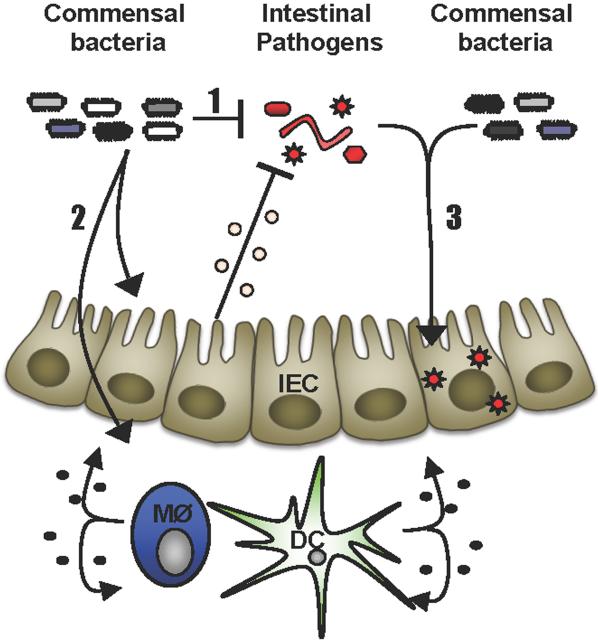Figure 2. Commensal bacteria-derived signals calibrate responsiveness of peripheral immune cells.
Commensal bacteria can basally stimulate peripheral immune cells, eliciting epigenetic modification in host defense genes and maintaining these genes in an open, transcriptionally active state. Commensal bacteria may (1) directly, via translocation of commensal bacteria-derived products, or (2) indirectly, via stimulation of intestinal epithelial cells or resident immune cells to secrete factors into the circulation, modulate peripheral immune cells. This tonic stimulation by commensal bacteria facilitates rapid responsiveness by immune cells upon encounter with a pathogen.

